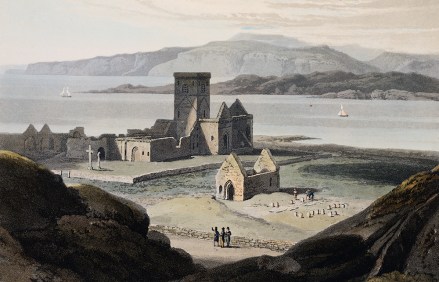Heroines of antiquity – from Minoan Crete to Boudica’s Britain
She must have been a powerful swimmer. Her name was Hydna and she grew up in the port town of Scione on the northern coast of the Aegean. It was 480 BC, and the Graeco-Persian Wars were raging. The Persian fleet was anchored off Thessaly in eastern Greece, waiting for a great storm to blow through. Hydna and her father were waiting too. When night fell they dived off the harbour wall and into the dark, cold sea. For hours, the two of them swam towards the Persian ships. No one saw them approaching. No one saw them cut, one by one, the anchor ropes. Untethered, the ships were at



